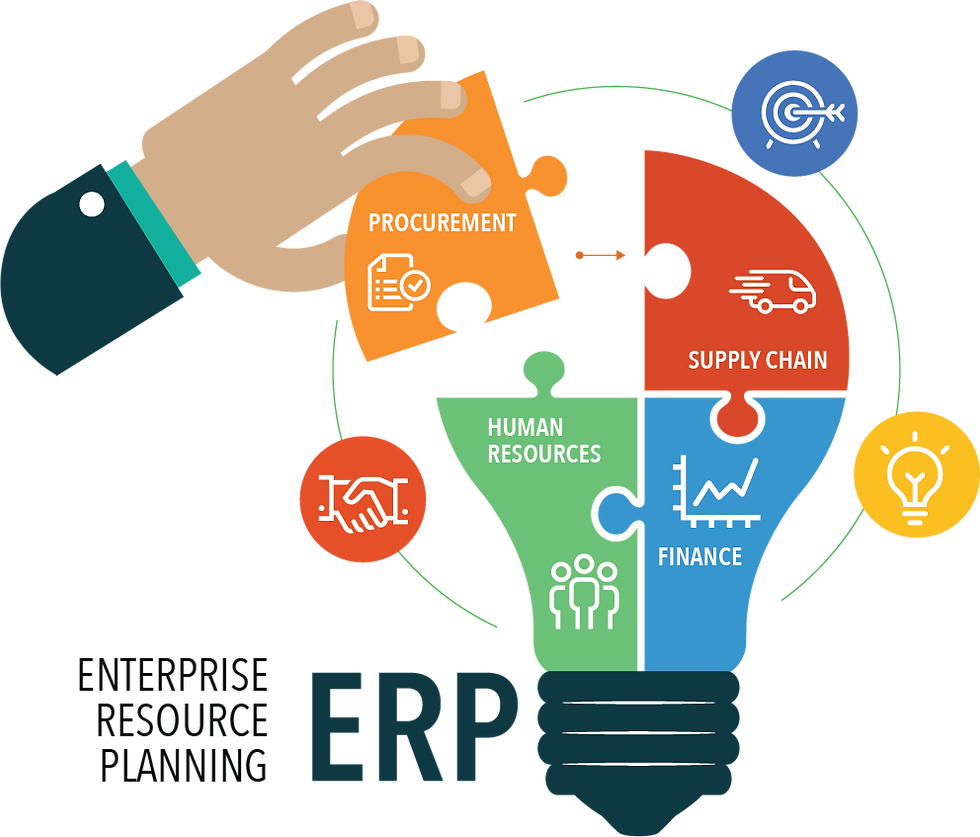Revolutionizing Libraries: The Online Library Management System
- solutionscakiweb
- Nov 6, 2023
- 3 min read
Introduction
Libraries have always been a cornerstone of education and knowledge dissemination. However, in this digital age, the traditional library model is evolving to adapt to changing needs. The Online Library Management System (OLMS) is playing a pivotal role in this transformation. In this blog, we will explore the significance and benefits of implementing an OLMS.
What is an Online Library Management System?
An Online Library Management System is a software platform designed to digitize and streamline library operations. It encompasses a wide range of functionalities, from cataloging and tracking books to managing memberships and facilitating online access to resources.
Key Features of an OLMS
Digital Catalog: One of the fundamental features of an OLMS is its ability to create a digital catalog of all library materials, including books, journals, magazines, and multimedia resources. This digital catalog makes it easier for both librarians and patrons to search for and access materials.
User-Friendly Interface: An intuitive interface allows patrons to search for books and other resources easily. It enhances user experience and ensures efficient utilization of library services.
Online Reservations and Renewals: An OLMS allows patrons to reserve books and renew their borrowed items online, reducing the need for physical visits to the library.
Membership Management: Librarians can efficiently manage memberships, issue library cards, and keep track of who has borrowed what, all with a few clicks.
Inventory Management: Managing the library's inventory is a breeze with an OLMS. Librarians can easily track lost or overdue items and perform regular stock checks.
Reporting and Analytics: OLMS provides detailed reports and analytics that help librarians understand the library's usage patterns, making it easier to make data-driven decisions.
Benefits of an Online Library Management System
Enhanced Accessibility: OLMSs break down geographical barriers, allowing patrons to access the library's resources from anywhere with an internet connection. This is especially beneficial for students, researchers, and individuals who may not have easy physical access to the library.
Improved Resource Utilization: The system optimizes the use of library materials, reduces manual administrative tasks, and allows librarians to focus on providing better services to their patrons.
Cost Reduction: By automating various processes, an OLMS can help reduce operational costs associated with traditional libraries, such as physical space, staff, and paper-based transactions.
Greater Engagement: OLMSs can engage library patrons through interactive features like user reviews, ratings, and recommendations, fostering a sense of community among users.
Data-Driven Decision Making: The system's reporting and analytics tools provide valuable insights into library usage patterns, enabling librarians to make informed decisions about collection development and resource allocation.
Security and Backup: Digital records are easier to secure and back up. This reduces the risk of losing valuable library data and ensures the preservation of historical records.
Challenges and Considerations
While OLMSs offer numerous advantages, there are also challenges to consider. These may include the initial cost of implementation, staff training, data security, and the need to provide access to those who may not have internet connectivity. A well-planned implementation strategy can help mitigate these challenges.
Conclusion
The Online Library Management System is a game-changer in the world of libraries. It not only modernizes traditional libraries but also extends the reach and accessibility of library resources. By embracing technology and adapting to changing user expectations, libraries can remain relevant and continue to serve as vital hubs of knowledge and information in the digital age. Whether you're a student, a researcher, or simply an avid reader, the OLMS has something to offer for everyone, making it a key tool for the future of libraries.




Comments